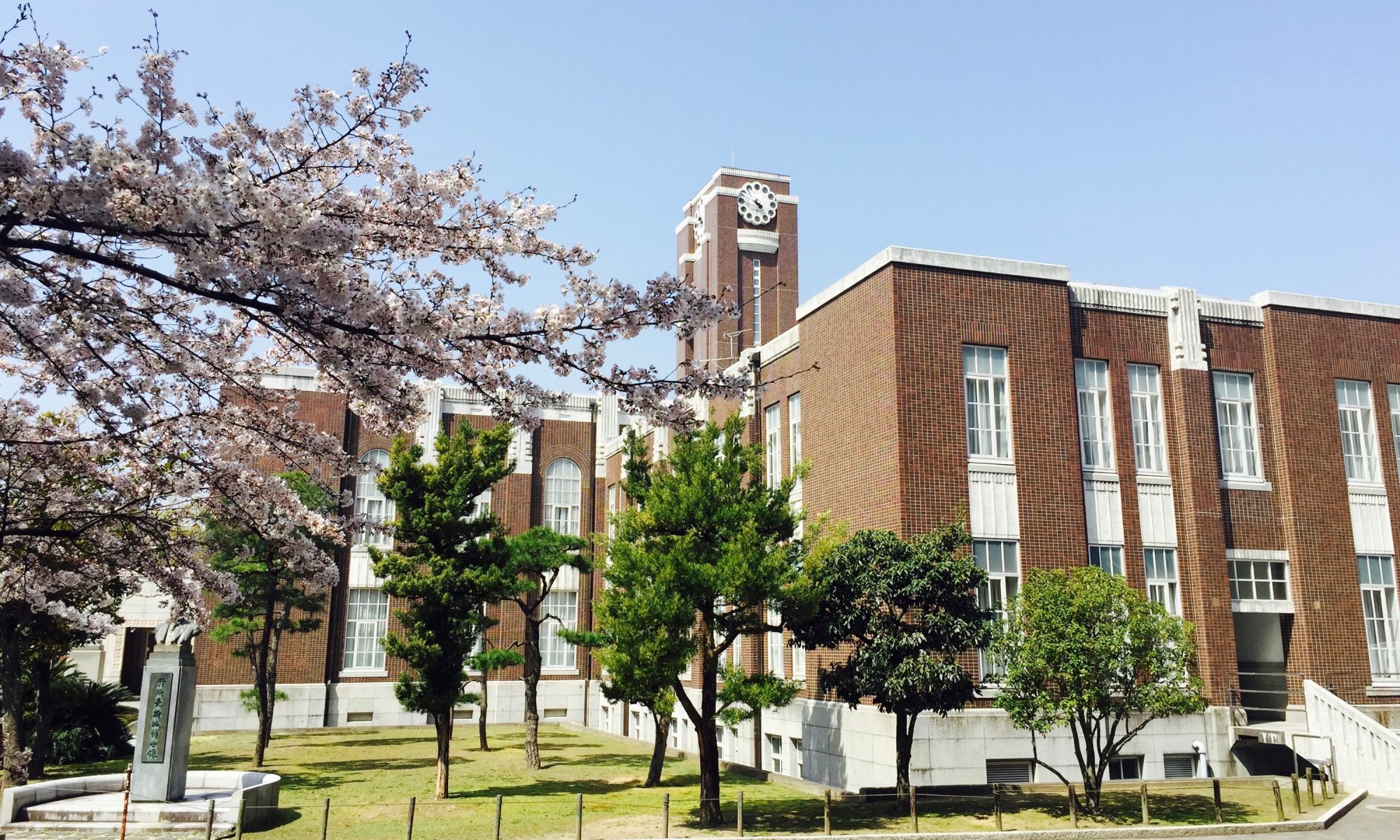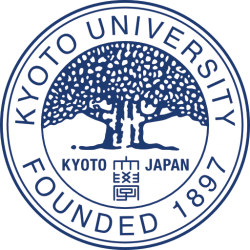Teacher: HISANO Shuji,
Course Code: JK52001
【This course is an international collaborative course】
This course will be instructed by Dr. Jonathan Pattenden (Associate Professor Political Economy and Sociology of Development, University of East Anglia, UK).
The perennial question of how to move towards a more equitable and sustainable global society is approached in this module from perspectives of political economy and political sociology, and explored through gender, class and state-society tensions. The starting point is that the separation of the rural from the urban – economically, socially and politically – makes less sense than it once did: Most of the world’s farmers cannot survive from agriculture alone as their landholdings are too small to make a living. Most farming
households also depend on wage-work, and many of them work across the rural-urban ‘divide’ as migrants. What does this mean for rural populations’ conditions and the politics of social change? Lecture 1 outlines recent debates within rural political sociology between those underlining the political role of small farmers or classes of labour and seeks out the common ground between them. Lecture 2 carries these debates into analysis of rural organisations in the Global South, and the class-based tensions that shape their impacts.
Lecture 3 zooms out to the broader contexts of state mediations and international political economy, and the threats right-wing populists pose to progressive futures. Lecture 4 turns to the intricacies of intra-household relations, and underlines both the centrality of women’s reproductive labour to global capitalism and how entrenched gender inequalities shape the socio-political dynamics of change.
Course Information
Module: Research and Advanced Studies
CATS Requirements: MA 1st. year or above
Day/Period: 9-12 on Thu and Fri, Nov
Location: TBA
Credits: 2
There are no special requirements for this course. This course is designed for any and all students with an interest in international development, rural development and interdisciplinary approaches.
Course Goals
- To sketch a framework for understanding social change that encompasses both political economy and political sociology.
- To problematise the distinctiveness of the rural and the urban.
- To introduce key debates about rural political sociology, and embed them in the analysis of contemporary civil society organisations.
- To show links between the dynamics of political sociology and political economy, both in relation to the global economy and government mediation of its social realities.
- To underline that women’s reproductive labour is fundamental to the global economy and that gender inequality plays a key role in shaping the socio-political dynamics of change.
Course Schedule and Evaluation
For a detailed course schedule, please visit KULASIS.
Grading will be done on the basis of the 4 article summaries that each student submits, as well as the short essay response to one of the 4 above questions. In total each student submits five 500 word pieces of work, each of which account for 20% of the overall mark.


